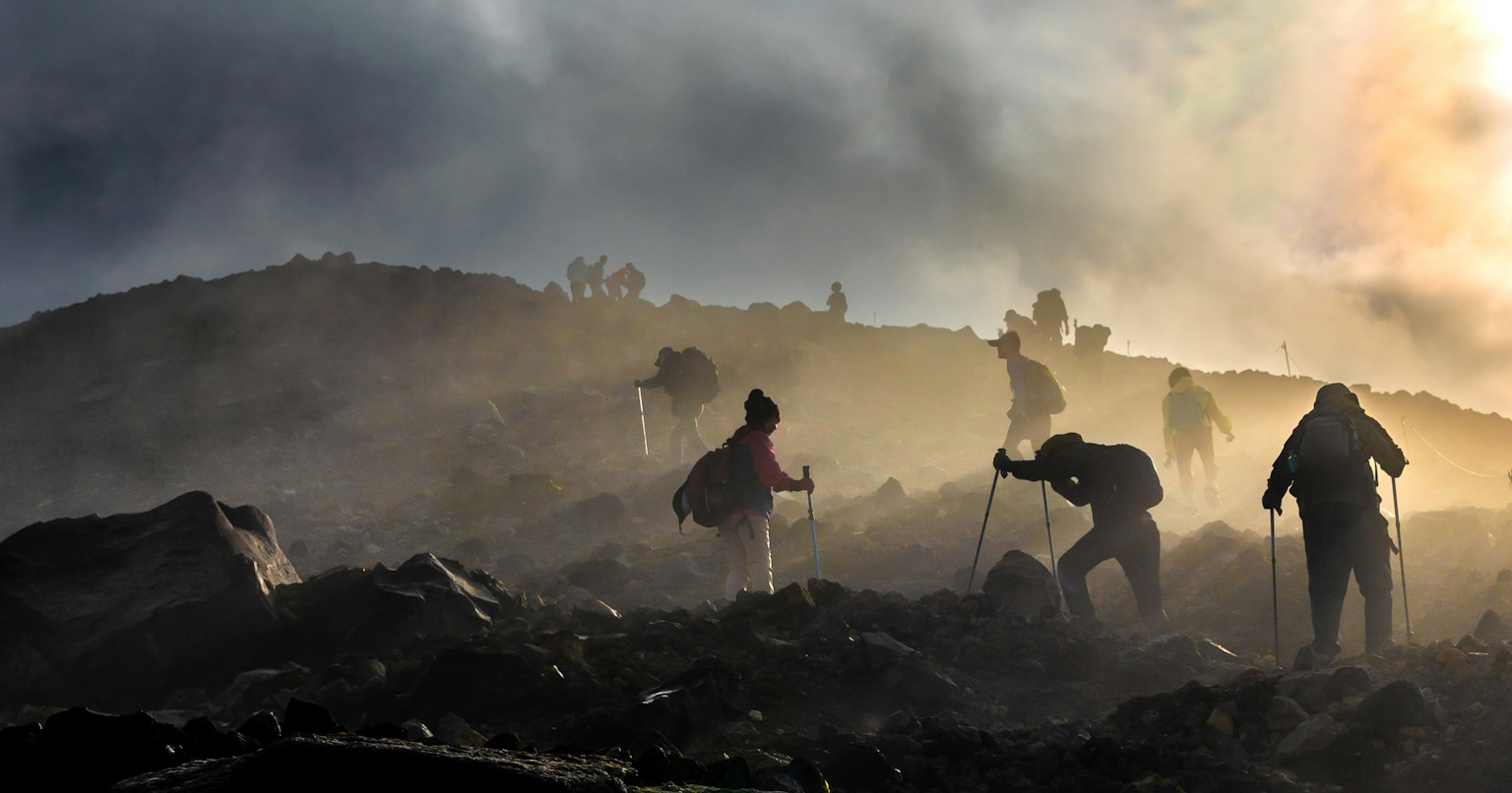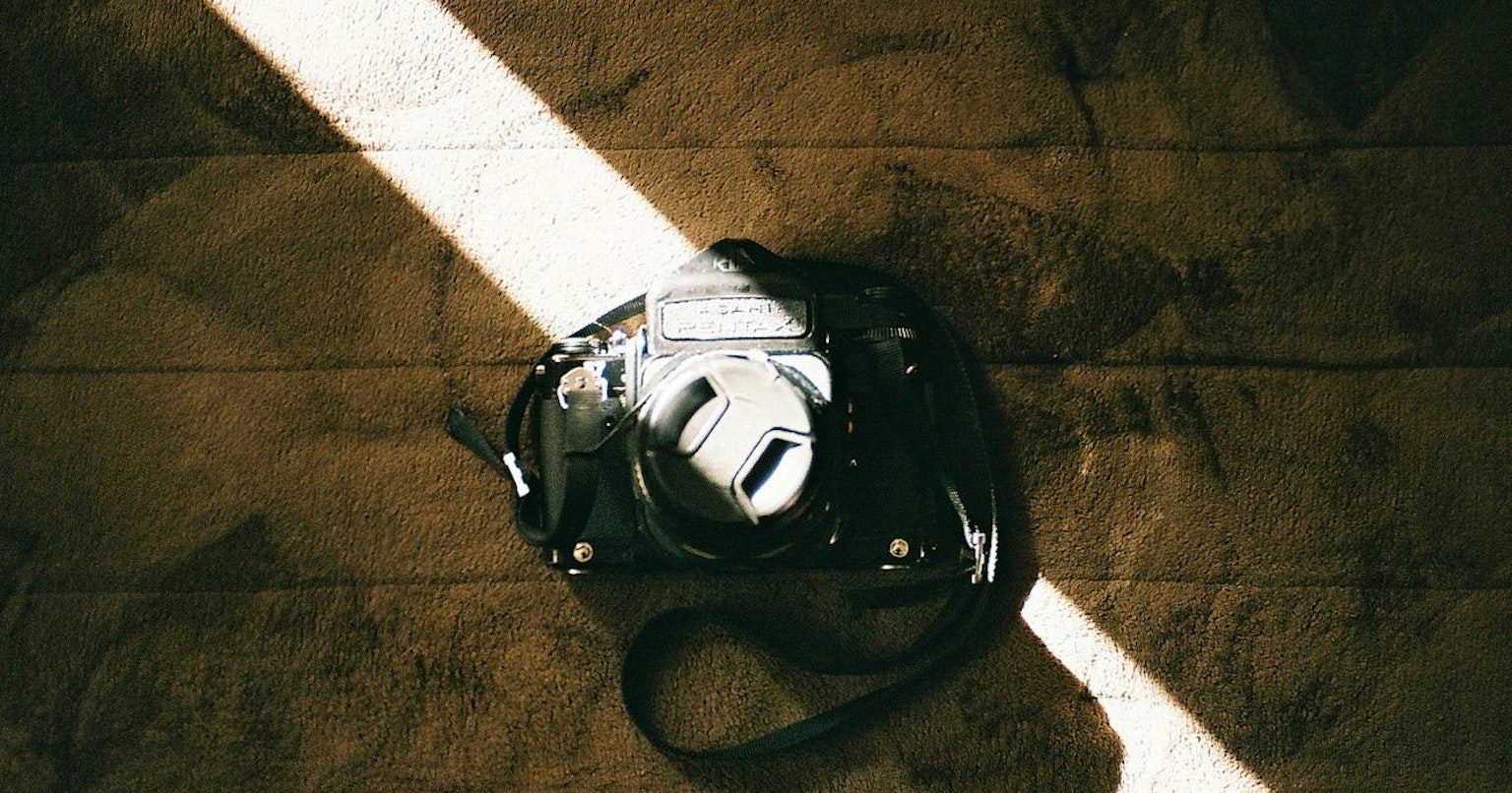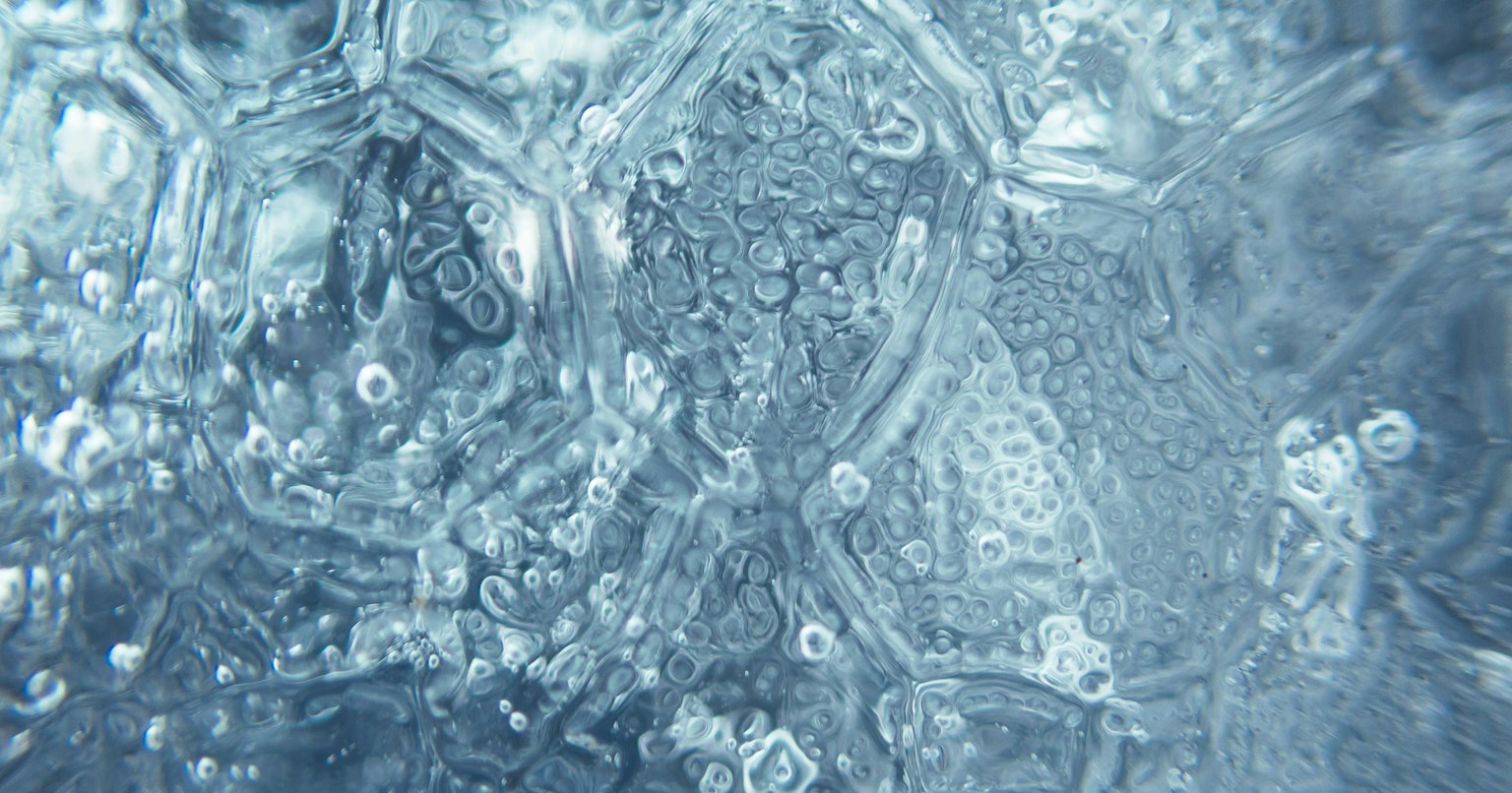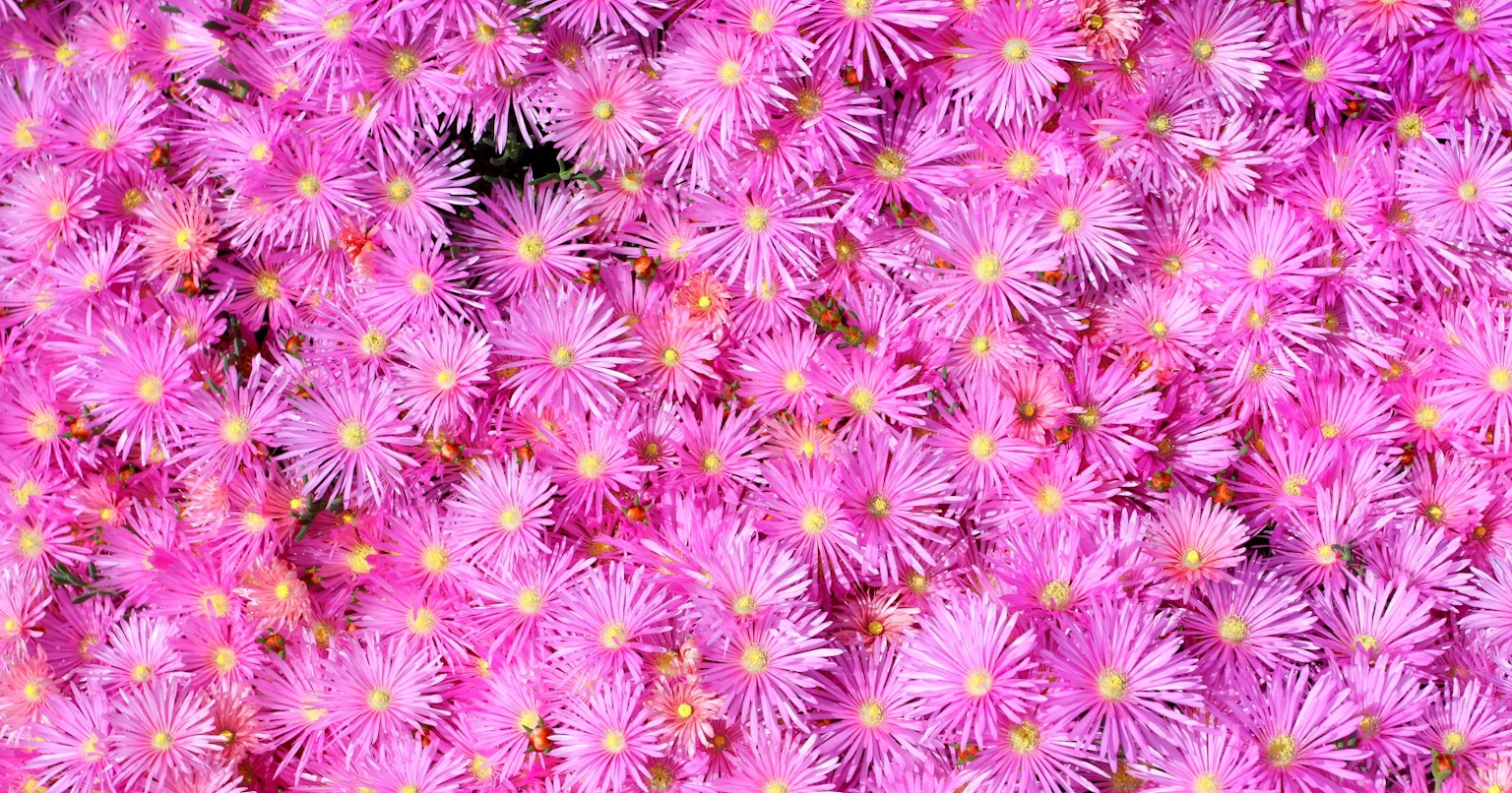Bagaimana Cara Memotret Bulan dengan Indah? Teknik Mudah untuk Pemula | Knowledge #300
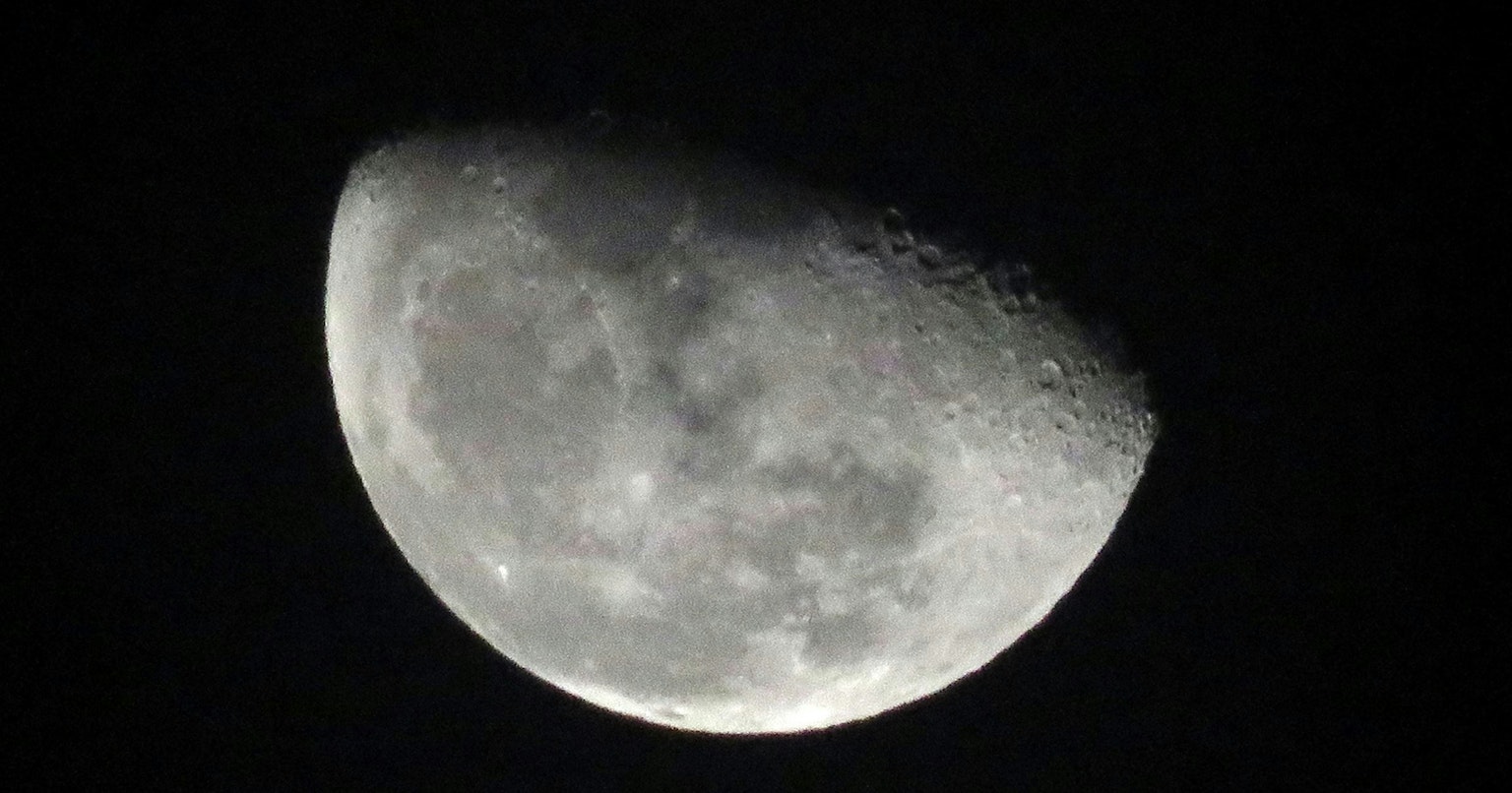
Cover photo by あんだば
Bulan yang menghiasi langit malam adalah subjek yang memikat banyak orang. Di tengah langit malam, bulan menjadi kehadiran istimewa yang diam-diam mewarnai dunia. Setiap malam, bentuknya perlahan berubah, mencerminkan emosi dan aliran waktu kita.
Kali ini, kami akan memperkenalkan teknik fotografi untuk menonjolkan keindahan bulan, mulai dari poin penting dalam memotret bulan hingga komposisi yang menggabungkan bulan dengan lanskap. Temukan cara untuk menjadikan bulan sebagai bintang utama dalam foto Anda.
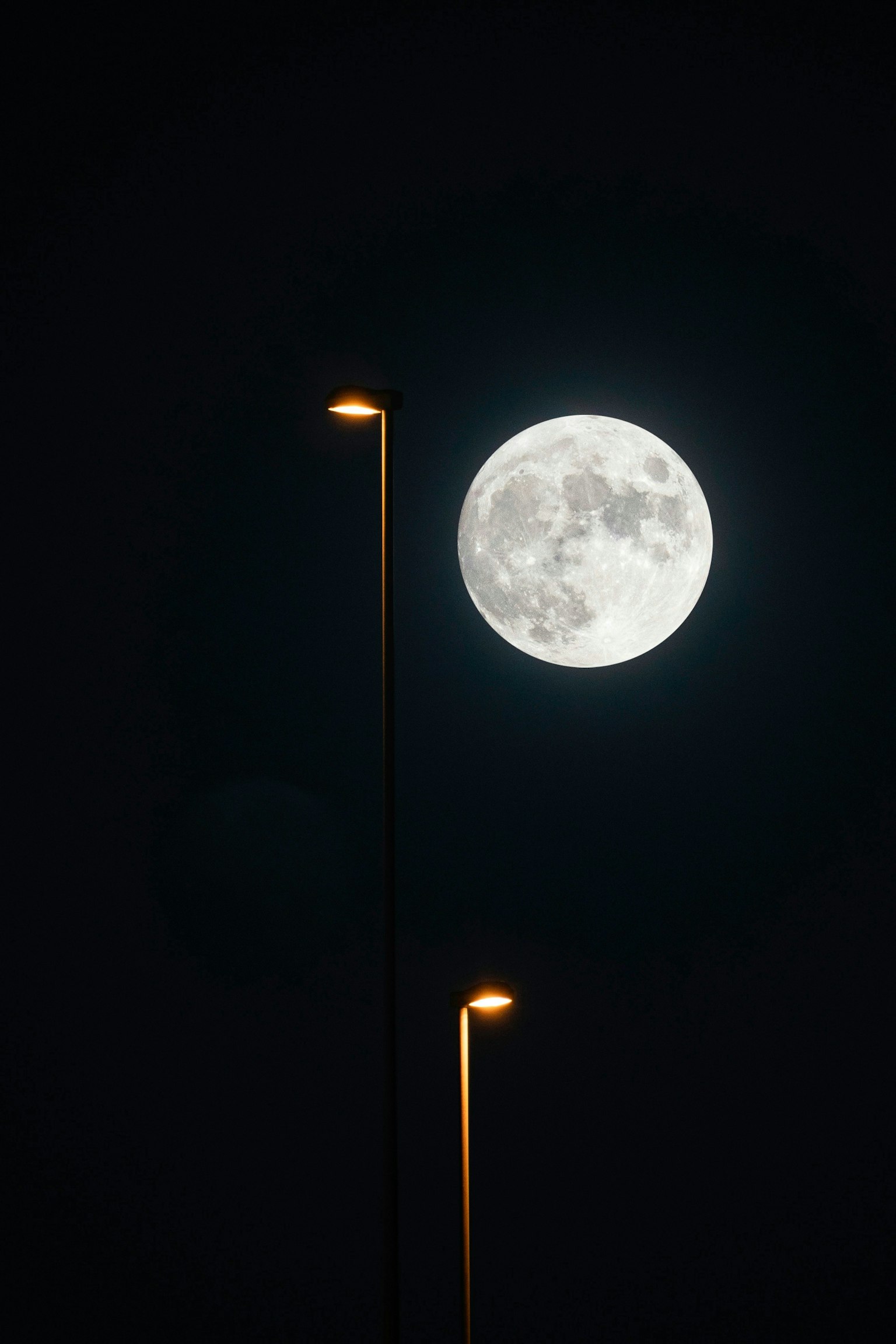
Photo by Yuya
Tips Pengaturan Eksposur Sesuai Kecerahan Bulan
Kecerahan bulan sangat bervariasi tergantung pada fase bulan. Saat bulan purnama, bulan sangat terang, sehingga gunakan kecepatan rana yang cepat untuk mencegah overexposure.
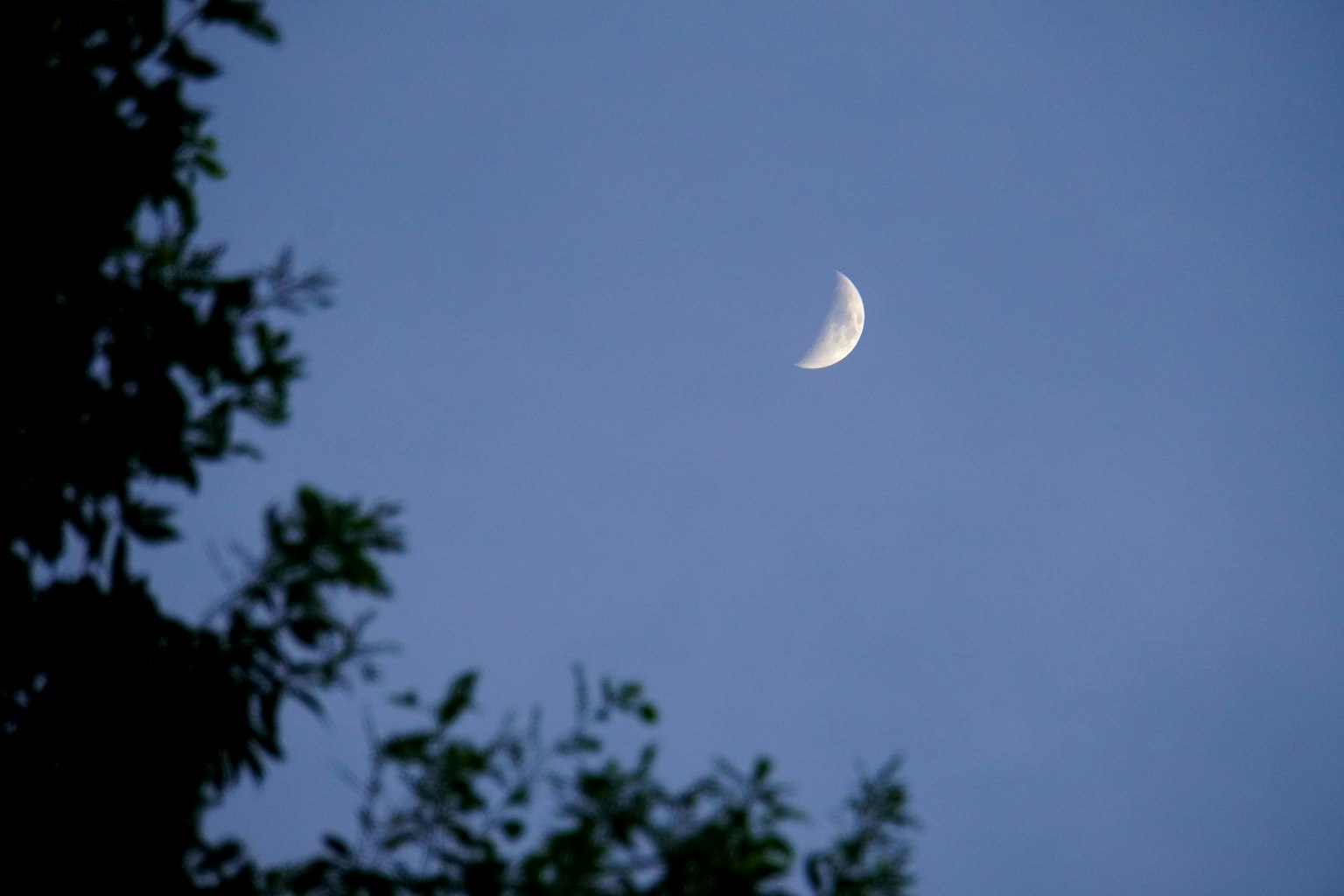
Photo by maiko777
Sebaliknya, saat bulan sabit atau setengah, atur eksposur sedikit lebih lama untuk menonjolkan bayangan dan memberikan kesan tiga dimensi pada bulan.
Kreativitas Komposisi untuk Memotret Bulan dan Lanskap
Memotret bulan secara close-up memang menarik, tetapi menggabungkannya dengan lanskap seperti pemandangan kota atau pegunungan dapat menciptakan foto yang penuh cerita.
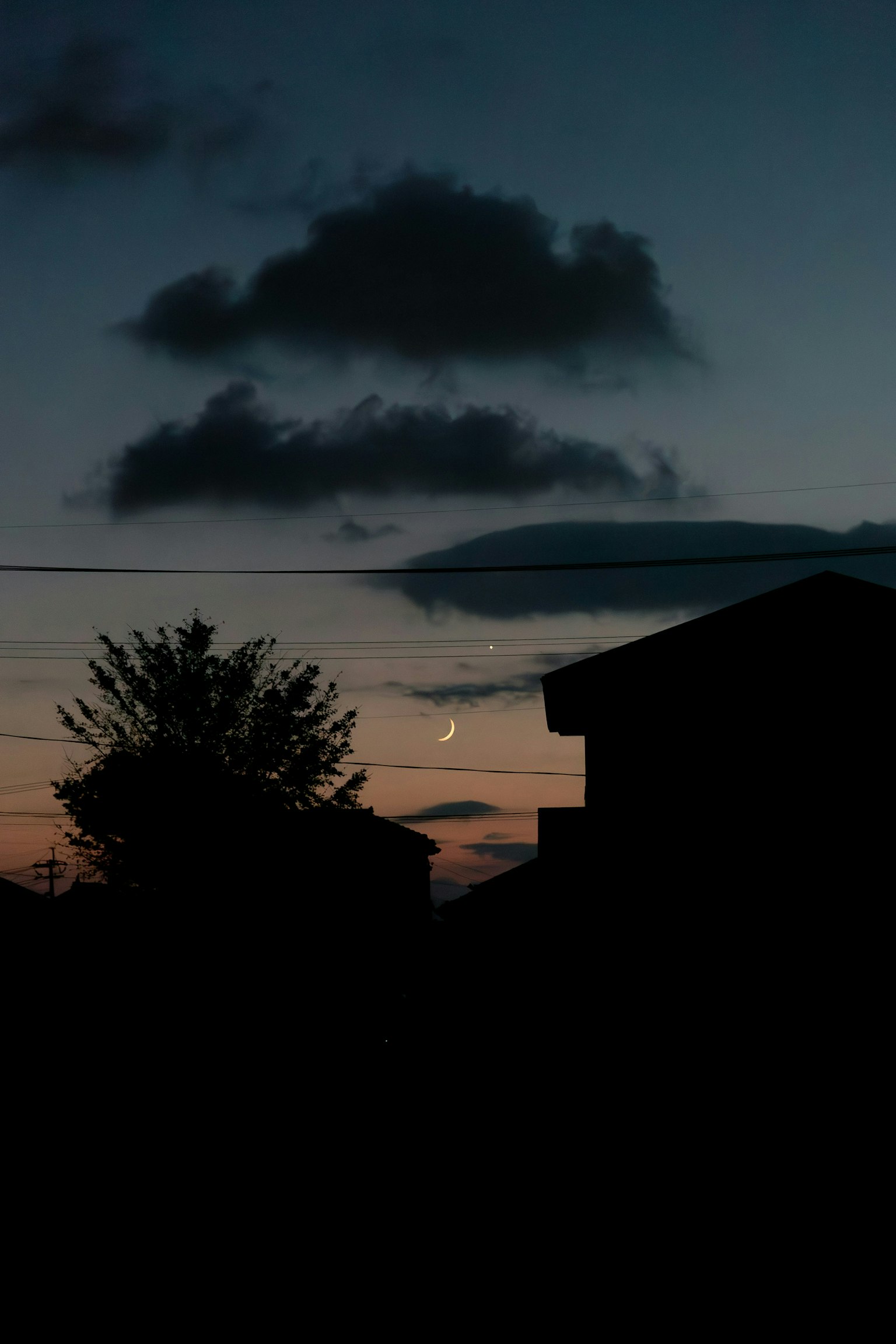
Photo by いのたろー
Misalnya, manfaatkan warna langit saat bulan terbit atau sesaat sebelum tenggelam untuk menciptakan suasana yang tenang. Bulan itu sendiri akan menjadi elemen yang menciptakan foto yang berkesan.
Waktu dan Cuaca yang Tepat untuk Memotret Bulan
Suasana foto bulan berubah sesuai dengan fase bulan. Selain itu, malam yang berawan dapat menyebarkan cahaya bulan, menciptakan kesan yang lembut. Sementara itu, langit malam yang cerah memungkinkan detail bulan terlihat jelas, menjadikannya ideal untuk fotografi.
Sebelum memotret, pastikan untuk memeriksa fase bulan dan prakiraan cuaca.
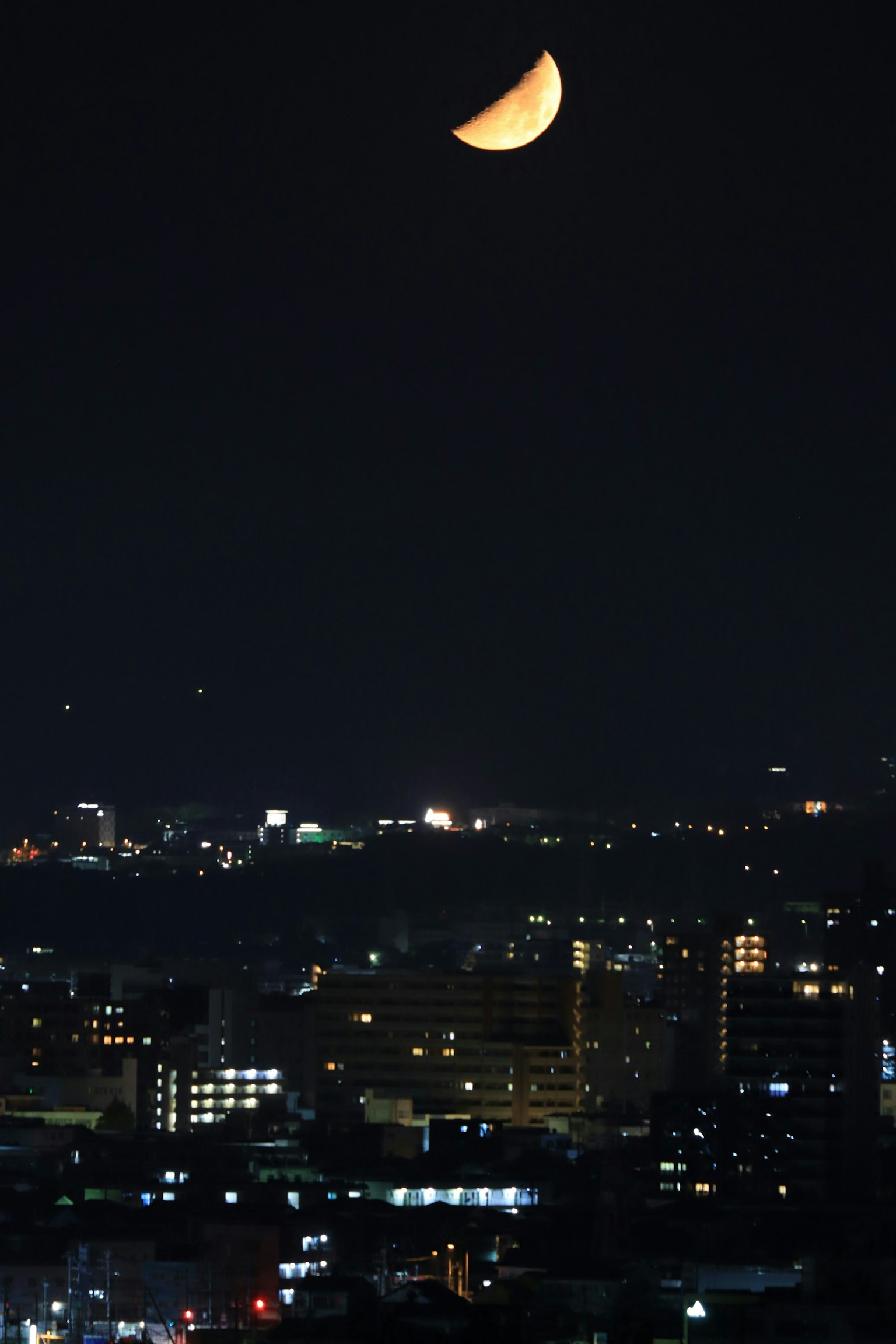
Photo by やーまん
Foto bulan bukan hanya sekadar gambar diam, tetapi bagian dari cerita tentang waktu dan ruang. Rasakan keseimbangan halus antara cahaya dan bayangan, dan abadikan keindahan bulan melalui kamera Anda.
